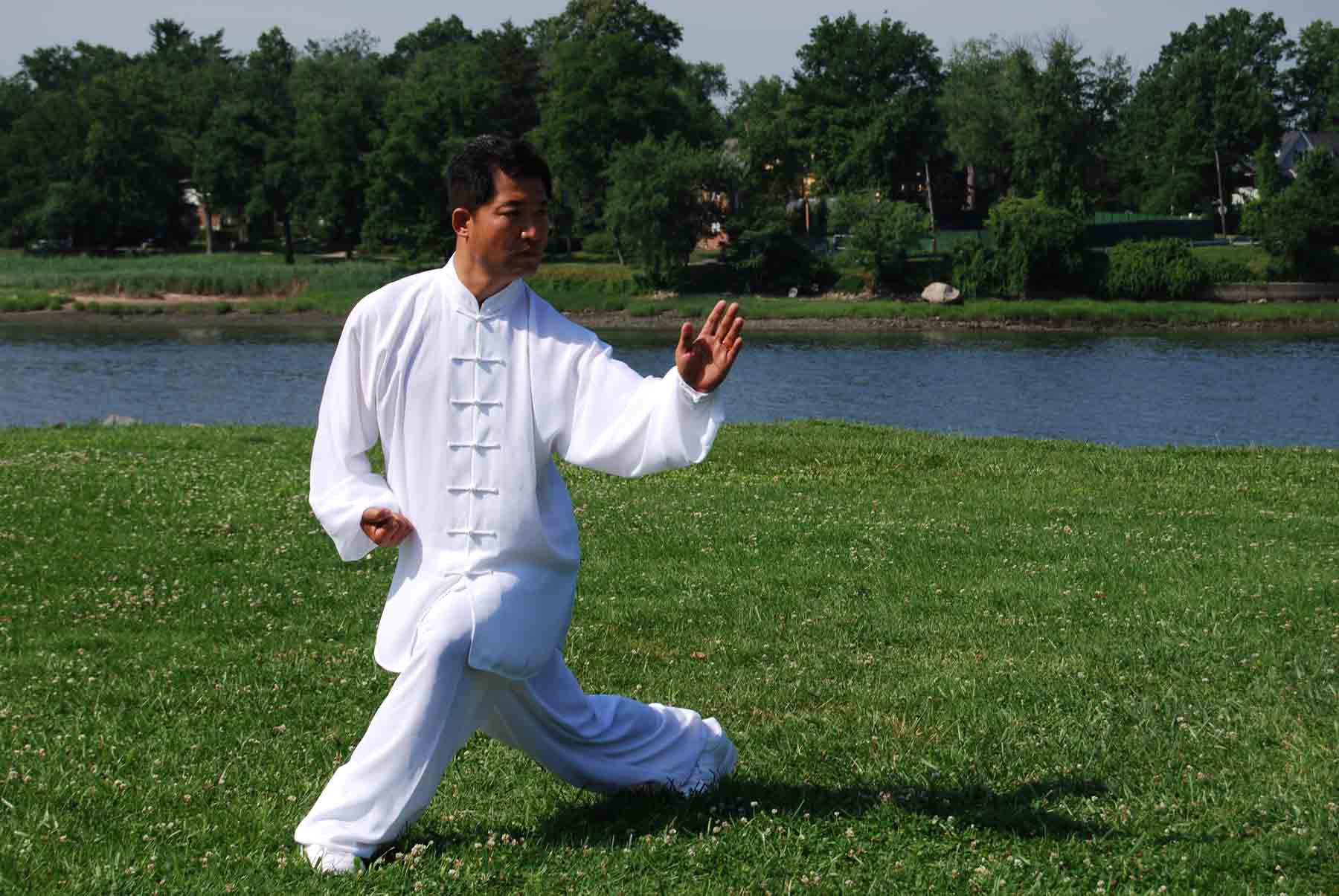
A randomized controlled trial published in the current issue of Psychotherapy and Psychosomatics indicates effects of a medictation technique, Tai Chi, on the inflammatory system. In older adults high levels of loneliness and/or psychological stress are associated with nuclear factor (NF)-κB increased activity. NF-κB controls the expression of genes that code for multiple inflammatory cytokines, and stress activation of the sympathetic nervous system stimulates NF-κB. Tai Chi Chih (TCC), a multidimensional behavioral therapy that integrates moderate physical activity, deep breathing and meditation to promote regulation of emotional and affective responses to stress, is thought to act on stress response pathways reducing markers of inflammation and the expression of genes bearing NF-κB response elements.
Authors hypothesized that TCC would reduce stress and slow the rate of increase in NF-κB levels in lonely older adults, as compared to those who receive a stress and health education (SHE) intervention. Twenty-six older adults (≥60 years), naïve to Tai Chi, who scored ≥40 on the UCLA Loneliness Scale, participated in this study. Participants were computer randomized 1:1 to a 12-week group-based program delivered weekly in 2-hour sessions. At both pre- and postintervention visits, psychological stress (14-item Perceived Stress Scale, PSS) and NF-κB were assessed. Blood was collected between 8 and 11 a.m. by an indwelling venous catheter, placed in heparinized vacutainer tubes and processed for peripheral blood mononuclear cells.
Findings showed that lonely older adults who received the health education intervention, did not report a decrease in levels of psychological stress. Moreover, these elderly showed significant increases in nuclear levels of activated NF-κB from pre- to post-intervention. Conversely, among lonely older adults who received TCC, psychological stress decreased, while NF-κB levels remained constant. Further, change in psychological stress was correlated with change in NF-κB activation from pre- to post-intervention examinations, which together suggests that treatment-induced reduction in stress may attenuate increases in NF-κB activation.
Source
See more at:
http://www.stonehearthnewsletters.com/tai-chi-may-favorably-affect-inflammatory-system/inflammation/#sthash.wm6kQ2ua.dpuf
If your interested in learning more about Tai Chi please feel free to contact our resident acupuncturist and Tai Chi instructor, Stacy Moon.
http://www.brooklynchiropractor.net/acupuncture/


No comments:
Post a Comment